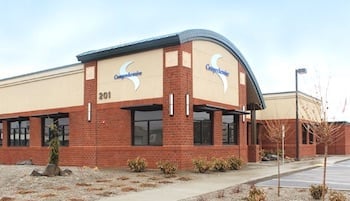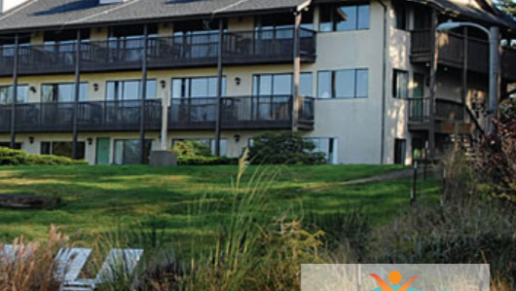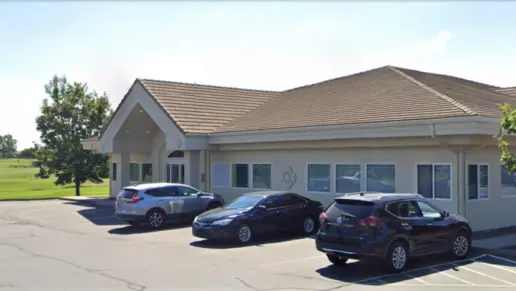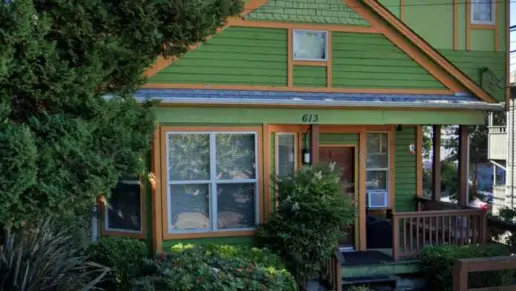Went in like a lion and out like a lamb. Believe me they are there to help you. Best thing that has happened in my adult life! Today is my 1 year sobriety anniversary! Couldn't have done it without you! Thank you all.
About Comprehensive Healthcare – Bridges
Comprehensive Evaluation and Treatment is also known as Bridges Evaluation and Treatment. They’re based in Yakima, Washington. Their main service is an inpatient program for clients who have major psychiatric symptoms. They’re accredited by The Joint Commission, and their staff follow Joint Commission standards.
They can provide care for up to 16 clients at a time. When you’re admitted, you’ll have a case management team. They’re responsible for giving you medications to help your condition. They’ll also provide traditional therapy, like group and individual counseling. That way, you’ll have different options that treat your symptoms and any underlying mental disorders. You’ll be supervised 24/7. Stays generally last from eight to 12 days.
Once you finish the program, you’ll enroll in an alumni program. They can also get you a referral to their network’s center for longterm care, if needed.
Latest Reviews
Rehab Score
Gallery
Location
Other Forms of Payment
Private insurance refers to any kind of healthcare coverage that isn't from the state or federal government. This includes individual and family plans offered by an employer or purchased from the Insurance Marketplace. Every plan will have different requirements and out of pocket costs so be sure to get the full details before you start treatment.
Self-pay involves paying for treatment out of your own pocket. You can use savings or credit, get a personal loan, or receive help from family and friends to fund your treatment. If you don't have insurance or your insurance plan doesn't cover a specific program, self-pay can help ensure you still get the care you need.
Financial aid can take many forms. Centers may have grants or scholarships available to clients who meet eligibility requirements. Programs that receive SAMHSA grants may have financial aid available for those who need treatment as well. Grants and scholarships can help you pai for treatment without having to repay.
Medicare is a federal program that provides health insurance for those 65 and older. It also serves people under 65 with chronic and disabling health challenges. To use Medicare for addiction treatment you need to find a program that accepts Medicare and is in network with your plan. Out of pocket costs and preauthorization requirements vary, so always check with your provider.
Medicaid is a state based program that helps lower-income individuals and families pay for healthcare. Medicaid covers addiction treatment so those enrolled can use their coverage to pay for rehab. When a program accepts Medicaid the client often pays very little or nothing out of their own pocket.
Military members, veterans, and eligible dependents have access to specific insurance programs that help them get the care they need. TRICARE and VA insurance can help you access low cost or no cost addiction and mental health treatment. Programs that accept military insurance often have targeted treatment focused on the unique challenges military members, veterans, and their families face.
Addiction Treatments
Levels of Care
Treatments
Mental health rehabs focus on helping individuals recover from mental illnesses like bipolar disorder, clinical depression, anxiety disorders, schizophrenia, and more. Mental health professionals at these facilities are trained to understand and treat mental health issues, both in individual and group settings.
Programs


Clinical Services
Group therapy is any therapeutic work that happens in a group (not one-on-one). There are a number of different group therapy modalities, including support groups, experiential therapy, psycho-education, and more. Group therapy involves treatment as well as processing interaction between group members.
In individual therapy, a patient meets one-on-one with a trained psychologist or counselor. Therapy is a pivotal part of effective substance abuse treatment, as it often covers root causes of addiction, including challenges faced by the patient in their social, family, and work/school life.
Amenities
-
Private Setting
Staff & Accreditations
Staff
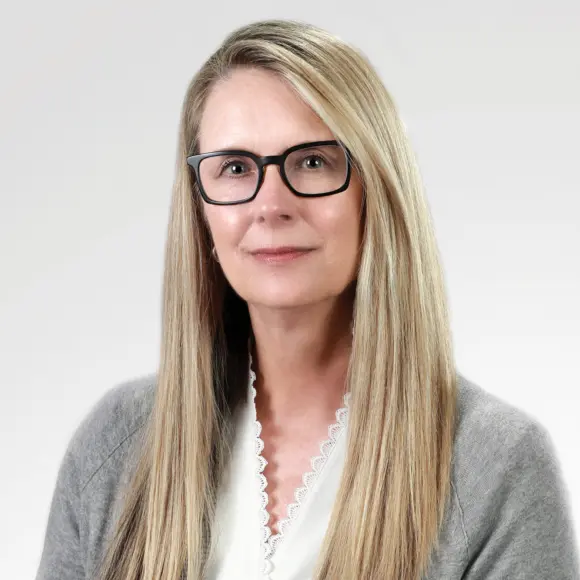
President and CEO
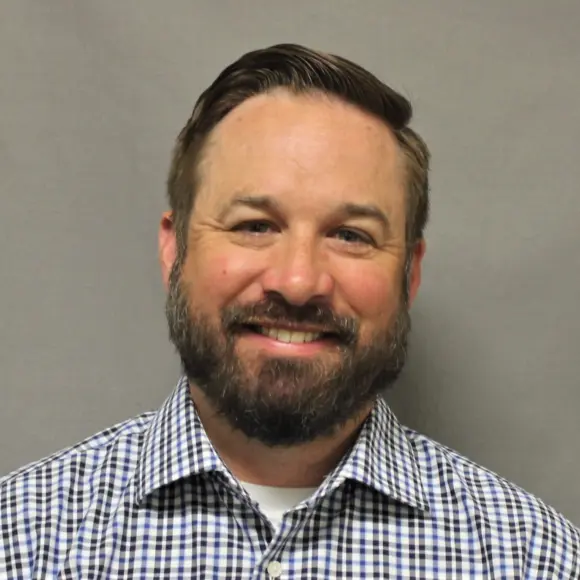
Chief of Staff-Integrator
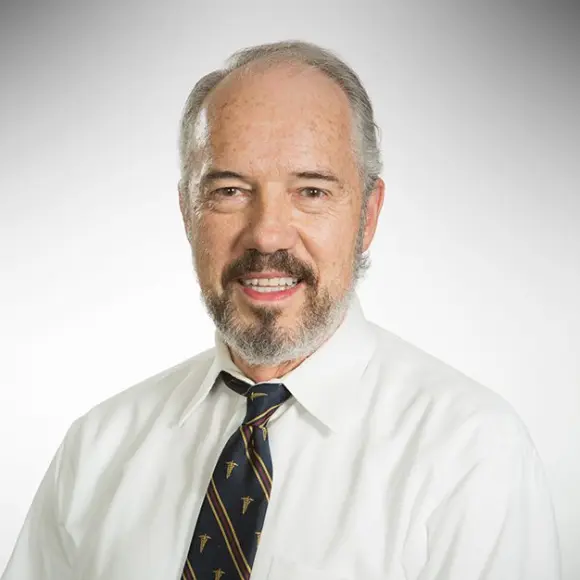
Chief Medical Officer
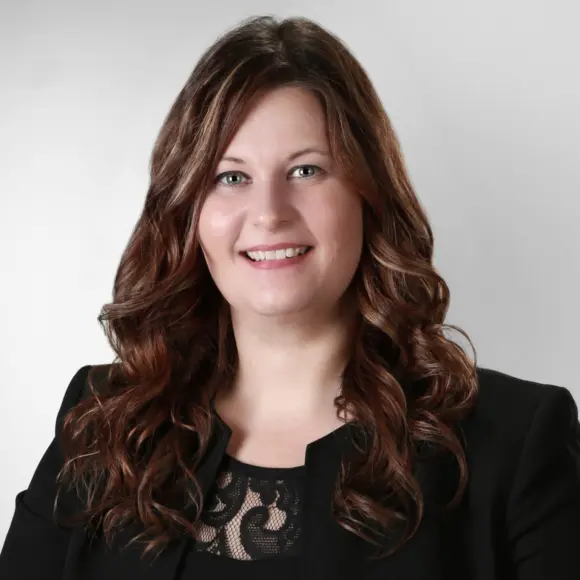
Chief Operating Officer
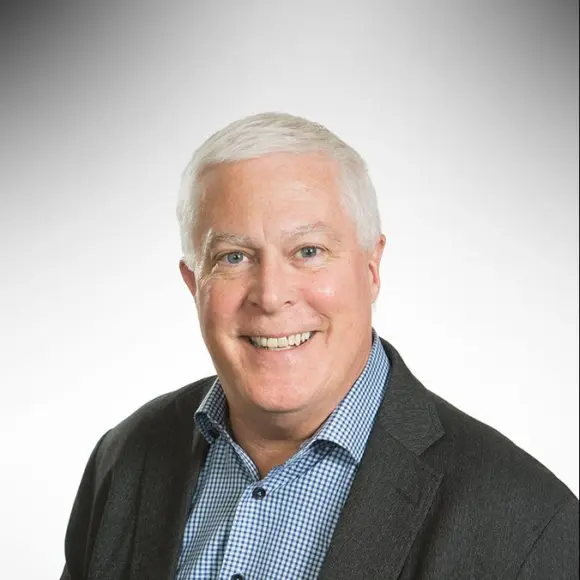
Chair
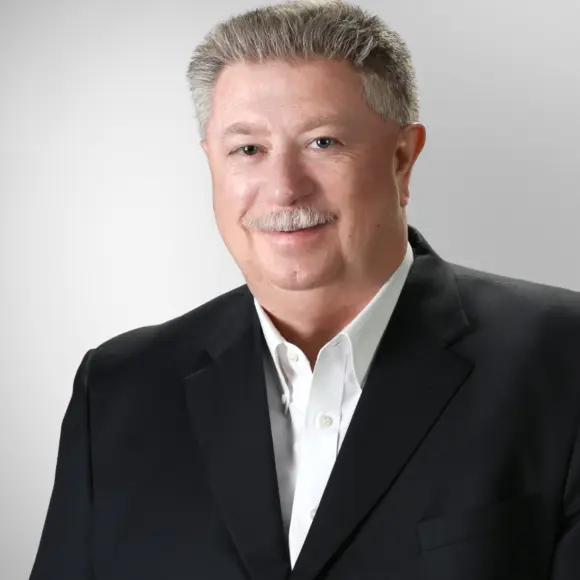
Vice Chair
Accreditations

The Joint Commission, formerly known as JCAHO, is a nonprofit organization that accredits rehab organizations and programs. Founded in 1951, the Joint Commision's mission is to improve the quality of patient care and demonstrating the quality of patient care.
Joint Commission Accreditation: Yes
Contact Information
201 South 2nd Avenue
Yakima, WA 98902
